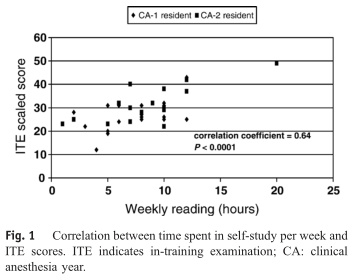- Joined
- Jul 28, 2011
- Messages
- 640
- Reaction score
- 303
Hello people, so I am gearing up to take this exam, few questions.
1) Is the exam going to be the same as last year? I know the 2014 exam was 4.5 hours, ours is going to be around 6 hours. Did they add questions or something?
2) Wasnt the 2014 exam 250 questions long?
3) So the pass rate was about 96.5% in 2014, is there any indication that it will be raised this year? Also, the passing percent correct in terms of questions was around 62% correct wasnt it?
4) Lastly, how did you folks study? I am using pass machine and Start prep (AKA Stanford course). Do you guys has further suggestions for resources?
I know some of the questions are probably impossible to know unless you have a mole inside the ABA, but any help is greatly appreciated. Take care
1) Is the exam going to be the same as last year? I know the 2014 exam was 4.5 hours, ours is going to be around 6 hours. Did they add questions or something?
2) Wasnt the 2014 exam 250 questions long?
3) So the pass rate was about 96.5% in 2014, is there any indication that it will be raised this year? Also, the passing percent correct in terms of questions was around 62% correct wasnt it?
4) Lastly, how did you folks study? I am using pass machine and Start prep (AKA Stanford course). Do you guys has further suggestions for resources?
I know some of the questions are probably impossible to know unless you have a mole inside the ABA, but any help is greatly appreciated. Take care



